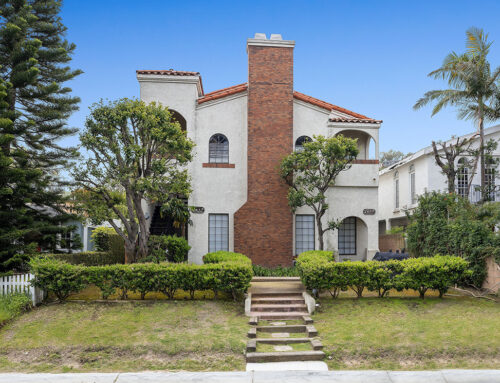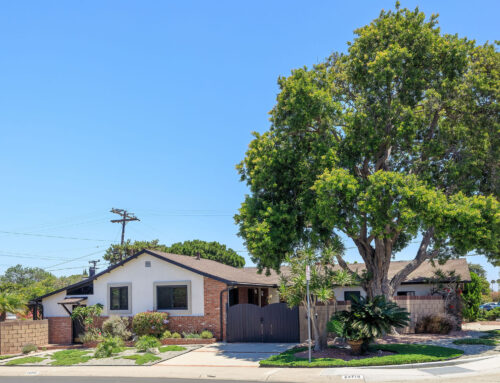We’ve discussed the process of selling a house you live in, but selling a rental property is an entirely different bird. For tax purposes, a rental house or condo is considered an investment property, which makes the sale a bit more complicated. When you sell a rental it can be subject to different taxes and rules than a standard residential sale. Read on for the essential facts.
1. Your tenant may have first right of refusal
One of the first things to understand is how local real estate laws will affect your sale. Real estate expert and author Michele Lerner says, for example, in Washington, DC, tenants have a “first right of refusal,” which means that landlords need to notify the tenant when they are putting the property on the market and must provide the tenant with a complete disclosure of the sales price and other information about the property.
The tenant has a specific time period during which he can respond to the landlord and either make an offer on the property or decline to buy it. After that, if the owner receives an acceptable offer from someone other than the tenant, the tenant will have another chance to match the offer or decline to buy it.
“None of this may apply in your area, but it’s important to be aware of local legislation when you sell property,” Lerner says.
2. Don’t rule out a rent-to-own arrangement
Pricing is often the most difficult negotiation you’ll have if your tenant wants to buy the property because he may feel that he deserves a break on the price, says Kathryn Bishop, a Realtor® in Studio City, CA.
“The tenant may want their past rent applied to the purchase price,” she says. “They may also have a list of things that are ‘wrong’ with the property and want financial discounts bigger than another buyer might ask for.”
If your tenant is having trouble coming up with a sizable down payment to get a mortgage on your property, you can arrange a rent-to-ownarrangement with your tenant—but make sure you have an attorney write up the agreement so your interests are protected. Typically, you’d charge a bit over-market rent that you credit to the tenant toward his down payment. And the tenant could work to increase his income, reduce his debt, or save for a bigger down payment during the rent-to-own period.
3. You have to pay capital gains taxes on a rental property
When it comes to paying capital gains taxes, there are major differences between selling a rental property and selling your primary residence, says Sean T. O’Hare, a CPA with O’Hare Associates in New England.
“Since a rental property is considered an investment property, when you sell the rental property you must pay capital gains on the income,” O’Hare says. “A taxpayer does not receive an exemption for the sale of an investment property.”
If the property was used only as rental property, then the capital gains would be calculated on the selling price less the adjusted basis of the property. The adjusted basis is the original cost less the depreciation. A residential rental property is depreciated over a period of 27.5 years on a straight line basis; basically, take the original cost divided by 27.5, and that is the annual depreciation amount.
“I usually tell my clients that they should plan on about a 22% tax to the IRS on the sale of rental property,” says O’Hare.







Leave A Comment
You must be logged in to post a comment.